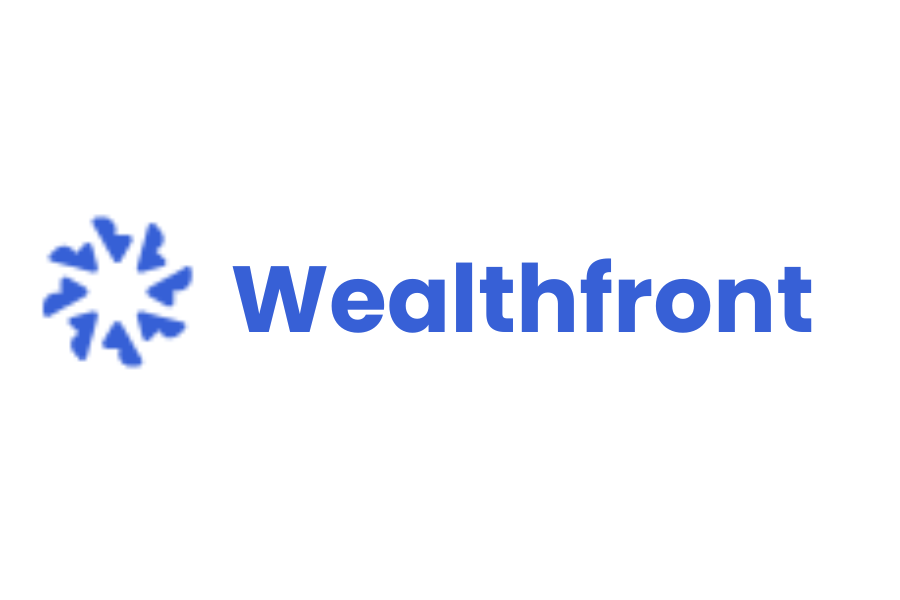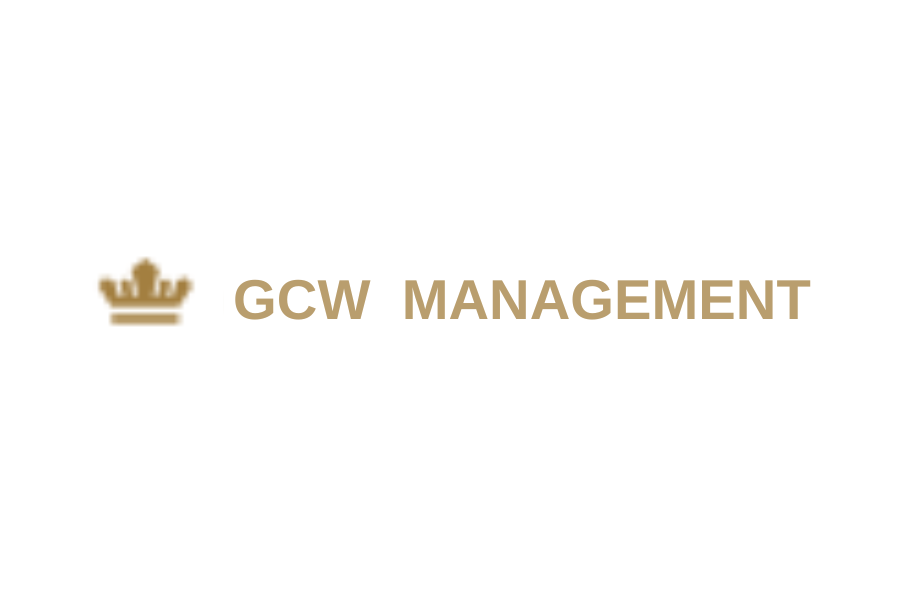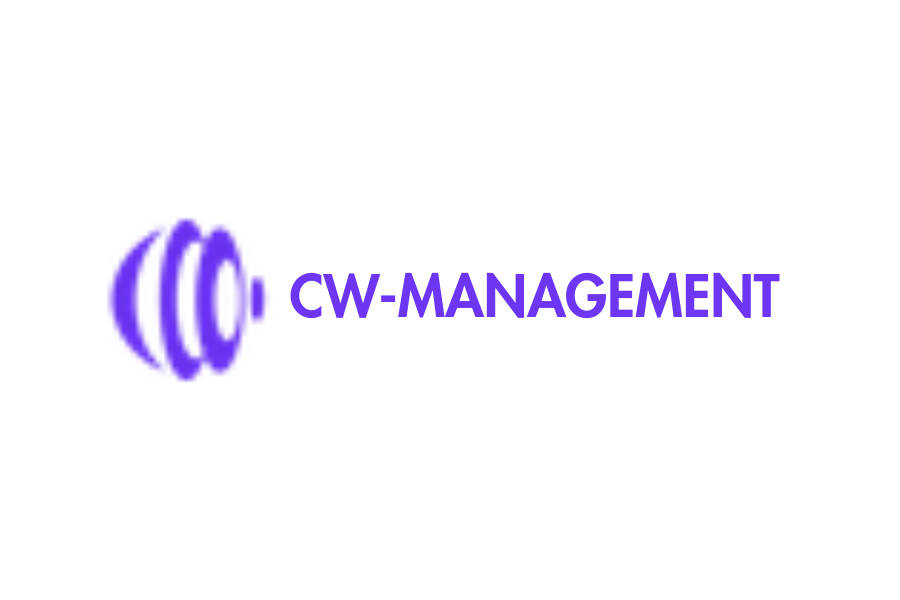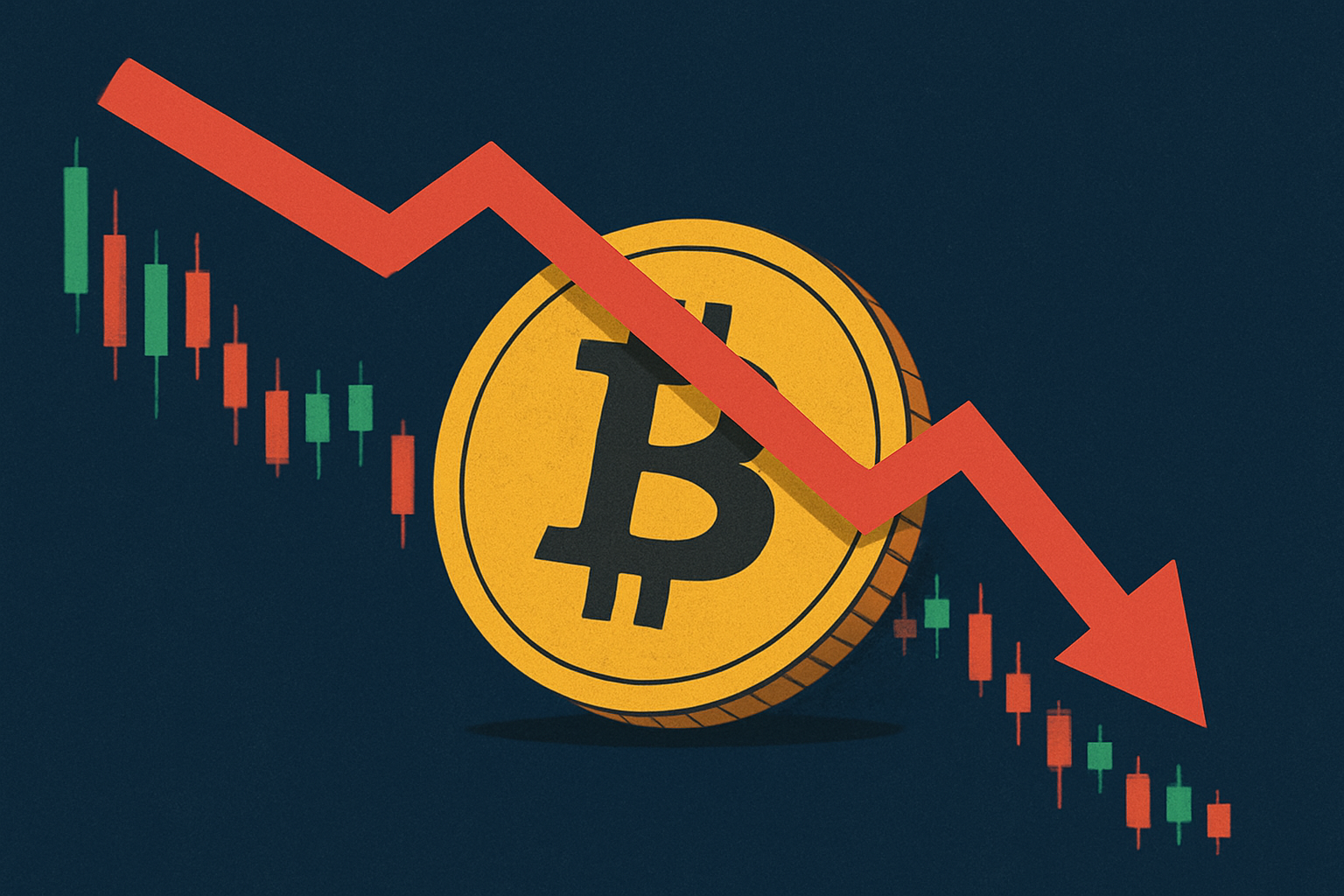Introduction
The global financial ecosystem is undergoing a historic transformation, driven by the evolution of blockchain technology and its potential to redefine the fabric of digital infrastructure. Among the latest and most pivotal developments in this space is the strategic collaboration between Sui, a fast-growing Layer 1 blockchain protocol, and 21Shares, a prominent crypto asset management company. This partnership aims to catalyze institutional blockchain adoption across the United States, targeting key barriers such as regulatory complexity, scalability concerns, and institutional trust.
This move underscores a larger industry-wide trend: the increasing alignment between traditional finance (TradFi) and decentralized finance (DeFi). As regulatory clarity improves and blockchain protocols become more scalable and user-friendly, major financial entities are looking for structured pathways to onboard blockchain-based systems. The Sui-21Shares partnership is a timely and strategic initiative that focuses precisely on this intersection.
Understanding The Stakeholders: Who Are Sui And 21Shares?
Sui Blockchain: Efficiency, Speed and Modularity
Sui is a next-generation Layer 1 blockchain developed by Mysten Labs. Designed with a strong emphasis on scalability and composability, Sui offers a high-throughput, low-latency platform for decentralized applications. It distinguishes itself from other Layer 1 solutions by adopting a unique object-centric data model, which allows for parallel transaction execution and dynamic on-chain data structures. This architecture enables the platform to deliver significantly faster transaction speeds and lower gas fees, which are critical features for institutional-grade applications.
More importantly, Sui’s design is developer-friendly, catering to Web3 builders with its Move programming language and support for modular frameworks. The platform has quickly garnered attention from developers and enterprises looking for scalable blockchain infrastructure.
21Shares: Bridging Traditional Finance and Crypto Assets
Founded in Switzerland, 21Shares is one of the largest issuers of cryptocurrency exchange-traded products (ETPs). With a growing portfolio that includes ETPs for Bitcoin, Ethereum, Solana, and other major digital assets, 21Shares is well-positioned at the crossroads of regulated finance and the burgeoning crypto industry. Its mission is to make crypto assets accessible to institutional and retail investors through secure, regulated investment vehicles.
21Shares has consistently demonstrated a deep understanding of both market needs and compliance requirements. This makes the firm a perfect partner for blockchain protocols like Sui that seek to enhance their institutional credibility and integrate with the broader financial ecosystem.
Objectives Of The Partnership: What Are They Trying To Achieve?
The alliance between Sui and 21Shares revolves around several high-impact goals, each designed to break down existing barriers to institutional blockchain adoption in the U.S.
1. Institutional Onboarding and Infrastructure Building
The primary aim is to enable financial institutions to adopt and build on blockchain infrastructure by leveraging Sui’s technical capabilities and 21Shares’ regulatory know-how. Financial institutions have long been hesitant to adopt blockchain due to operational risks, the lack of clear compliance frameworks, and technical complexities. This partnership seeks to simplify onboarding by offering ready-to-integrate solutions tailored for the unique needs of banks, asset managers, and custodians.
By combining Sui’s scalable blockchain with 21Shares’ institutional network, the duo plans to launch several pilot programs that showcase how blockchain can be seamlessly integrated into existing financial infrastructure.
2. Regulatory Compliance and Legal Clarity
One of the most significant hurdles for blockchain adoption in the U.S. is regulatory uncertainty. With an evolving legal landscape and shifting interpretations from regulators like the SEC and CFTC, institutions are wary of investing heavily in blockchain-based solutions without clear guidelines. Through this partnership, Sui and 21Shares are focusing on developing frameworks that align blockchain products with existing financial regulations, enabling secure and compliant integration.
21Shares brings years of experience working within the boundaries of financial regulation in both Europe and the U.S., making it a valuable resource for Sui as it navigates these complexities.
3. Education and Training for Financial Professionals
Blockchain adoption requires more than just technology—it demands a shift in mindset and expertise. Financial professionals, from compliance officers to portfolio managers, need to understand how blockchain works and how it fits into their existing workflows. The Sui-21Shares collaboration includes a strong educational component, which will feature webinars, whitepapers, certification programs, and workshops aimed at upskilling finance professionals on blockchain technology and its use cases.
These initiatives will help bridge the knowledge gap that exists between blockchain developers and institutional users, creating a more collaborative and informed ecosystem.
Why This Matters For The Future Of U.S. Blockchain Ecosystems?
A Strategic Response to Market Trends
The partnership is launching at a crucial time. The U.S. financial system is under pressure to modernize, with increasing demand for faster settlements, enhanced transparency, and reduced counterparty risk. Blockchain offers solutions to these issues, but adoption has been slow due to the siloed nature of financial institutions and the regulatory caution that surrounds digital assets.
Sui and 21Shares are offering a strategic, multi-dimensional approach to solving these issues, moving beyond the hype to deliver tangible, institutional-grade infrastructure. Their partnership is not a marketing gimmick—it is rooted in an understanding of real institutional pain points.
Strengthening Public Trust in Blockchain
One of the key barriers to blockchain adoption is the lack of public and institutional trust, often fueled by volatility in crypto markets and high-profile collapses like FTX. By aligning with a regulated entity like 21Shares and focusing on use cases within established financial institutions, Sui is taking a trust-first approach. This collaboration aims to rebuild confidence in blockchain, positioning it as a robust technology for future financial services, not just speculative trading.
Use Cases And Real-World Applications
Cross-Border Payments and Settlements
Financial institutions are exploring blockchain to streamline cross-border transactions, which are often slow, expensive, and opaque. Sui’s fast execution and near-instant finality make it ideal for such applications, and 21Shares can facilitate the necessary compliance and KYC/AML procedures. The partnership envisions deploying blockchain to create efficient cross-border settlement layers that work within existing payment systems.
Tokenization of Traditional Assets
Another use case lies in asset tokenization—the process of converting traditional securities, bonds, or real estate into digital tokens on a blockchain. This makes trading and ownership more flexible and transparent. With 21Shares’ experience in crypto asset management and Sui’s composable architecture, the duo is well-equipped to create regulated tokenized products that offer new forms of liquidity and fractional ownership.
Smart Contract-Based Custodial Services
Blockchain opens up new models for custody services, such as smart contract-based asset management or automated compliance checks. Sui’s developer tools and smart contract frameworks allow for customizable financial logic, while 21Shares ensures that these tools meet institutional standards. This makes it possible to build next-gen custodial services for hedge funds, pension funds, and even sovereign wealth funds.
Challenges Ahead And How The Partnership Plans To Address Them?
Navigating the Regulatory Maze
Despite the best intentions, U.S. regulators remain cautious. The SEC’s stance on crypto assets as securities continues to create uncertainty, especially around what constitutes a compliant offering. To tackle this, Sui and 21Shares are working closely with legal advisors and industry coalitions to advocate for clear, transparent regulatory frameworks that support innovation without compromising investor protection.
Building Scalable, Secure Infrastructure
Scalability and security remain major concerns. Although Sui offers high throughput and efficiency, no blockchain is immune to the risks of smart contract bugs, network attacks, or operational bottlenecks. Both companies are investing heavily in security audits, performance benchmarks, and contingency planning to ensure their solutions meet institutional-grade standards.
Market Implications: A Blueprint For Other Industry Players
This partnership could act as a blueprint for future collaborations between blockchain startups and traditional finance firms. As financial institutions become more comfortable with blockchain, the role of structured partnerships will only grow. Sui and 21Shares are demonstrating how to build that bridge—through shared expertise, aligned incentives, and a clear focus on real-world problems.
The partnership is also expected to boost investor confidence, especially among those who have been sitting on the sidelines waiting for serious institutional involvement in blockchain. With this announcement, both retail and institutional stakeholders have one more reason to believe that blockchain is no longer an experimental technology—it is becoming foundational.
Final Thoughts
The partnership between Sui and 21Shares is a turning point for institutional blockchain adoption in the United States. It represents more than just a technical integration; it reflects a philosophical shift in how financial systems view blockchain—as a partner, not a threat. Through their combined efforts, the two companies are setting a new standard for how blockchain can be implemented at scale, securely, and in full alignment with regulatory and institutional needs.
As this partnership unfolds, it could shape the next decade of financial infrastructure, providing a roadmap for other players in the industry to follow. If successful, this collaboration might just be the moment when blockchain crossed the final threshold from promise to practice.












